The election of Donald Trump as US president might alter the war in Ukraine. His unpredictability raises concerns about aid reduction, but his approach remains unclear.
Donald Trump's election Wednesday to become the next US president, questions were again raised over his potential impact on the course of Russia's ongoing war in Ukraine. Yet, no one's really sure what his plans are.
In earlier interviews, Trump has declared that as president, he would "settle the war in 24 hours," which led some to believe this might actually translate to a reduction or complete scrapping of US military assistance to Kyiv.
Peter Dickinson, editor-in-chief of Atlantic Council's Ukraine Alert, believes predicting Trump's next moves is a challenge.
“Trump is an incredibly unpredictable politician, maybe the most unpredictable politicians who has ever been in the White House.”
“So it’s always a bit of a guessing game," Dickinson added.
He might, however, prefer striking a deal with Russian President Vladimir Putin, someone he sees as one of his peers.
"Trump's worldview is very much about the top players sitting down together at the table, and making the deals and deciding everything amongst themselves," Dickinson explained.
The newly elected vice president, JD Vance, has also endorsed a deal with the Kremlin, stating that the US should not be in conflict with Moscow.
“We’re not in a war with (Putin), and I don’t want to be in a war with Vladimir Putin’s Russia," Vance said in a recent interview with NBC.
During an interview on the Shawn Ryan Show podcast, Vance said that a deal to end the war could include freezing the Russia-occupied territories, turning the current frontline into a fortified demilitarised zone to prevent Russia from invading again, and blocking Ukraine's access to NATO or “some of these sort of allied institutions.”
However, the American Chamber of Commerce in Kyiv President Andy Hunder prefers to remain positive.
“I think it’s a time, really, where we are excited. We will see President Trump surprise us,” Hunder told Euronews.
"We are not exactly sure yet about what those surprises will be. But we are looking forward to working together with President Trump (and) with the new administration's transition team."
'He doesn't want to be a loser'
Trump administration did see the US provide weapons to Ukraine in 2019, selling (much-delayed) Javelin anti-tank missiles that ended up playing a crucial role in Ukraine's ability to repel the large-scale invasion in 2022.
However, although Trump platformed on a claim that he is generally wary of US involvement in foreign conflicts, he has maintained good relations with Putin over the years, calling the Russian leader "quite smart" for invading Ukraine.
Repeatedly criticising US support for Ukraine, Trump has also labelled Ukrainian President Volodymyr Zelenskyy "the best salesman in the world" for securing Washington's support.
Yet, Zelenskyy was one of the first world leaders to publicly congratulate Trump on Wednesday, saying that the two discussed how to end Russian aggression against Ukraine during their in-person meeting in September.
"I appreciate President Trump's commitment to the 'peace through strength' approach in world affairs. This is exactly the principle that can practically bring about a just peace in Ukraine. I hope we will implement it together," he wrote on the social platform X.
Later, Zelenskyy said that he had spoken to Trump and congratulated him on "his historic landslide victory".
"His tremendous campaign made this result possible. I congratulated his family and team on their excellent work. We agreed to maintain close dialogue and advance our cooperation," the Ukrainian leader stated.
Trump's unpredictability allows for many theories. For one, Dickinson believes that Trump's biggest fear is appearing weak.
“He doesn’t want to be a loser, he hates losers. He may well think, 'okay, I’m going to go tough I’m going to be a tougher guy',” a sentiment which could push Trump to take a tougher stance against Putin and support Ukraine more than the Biden administration has.
At that, Trump is much less constrained by conventional concerns about the fear of escalation, Dickinson pointed out.
Opinions on the streets of Kyiv are also divided.
"The fact that he (Trump) does not consider this a real fight, but simply a misunderstanding between the two presidents," Anhelina Karpuk, a first-year business student, told Euronews. "I am really afraid of the kind of decisions he can make."
"As far as I am concerned, it was entirely predictable, I really thought things would turn out this way," said Daria Ponomarenko, an ESG manager at Raiffeisen bank.
"And I think Ukraine, as a state, should respect the choice of the American people," Ponomarenko concluded.

 4 months ago
42
4 months ago
42
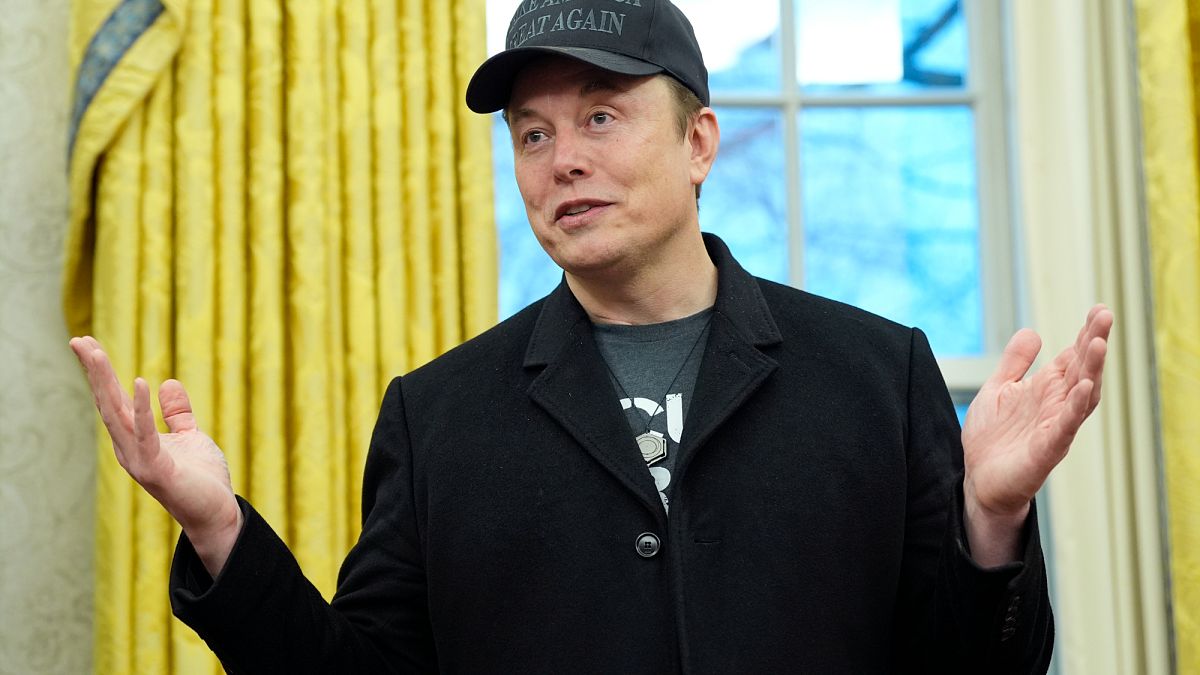
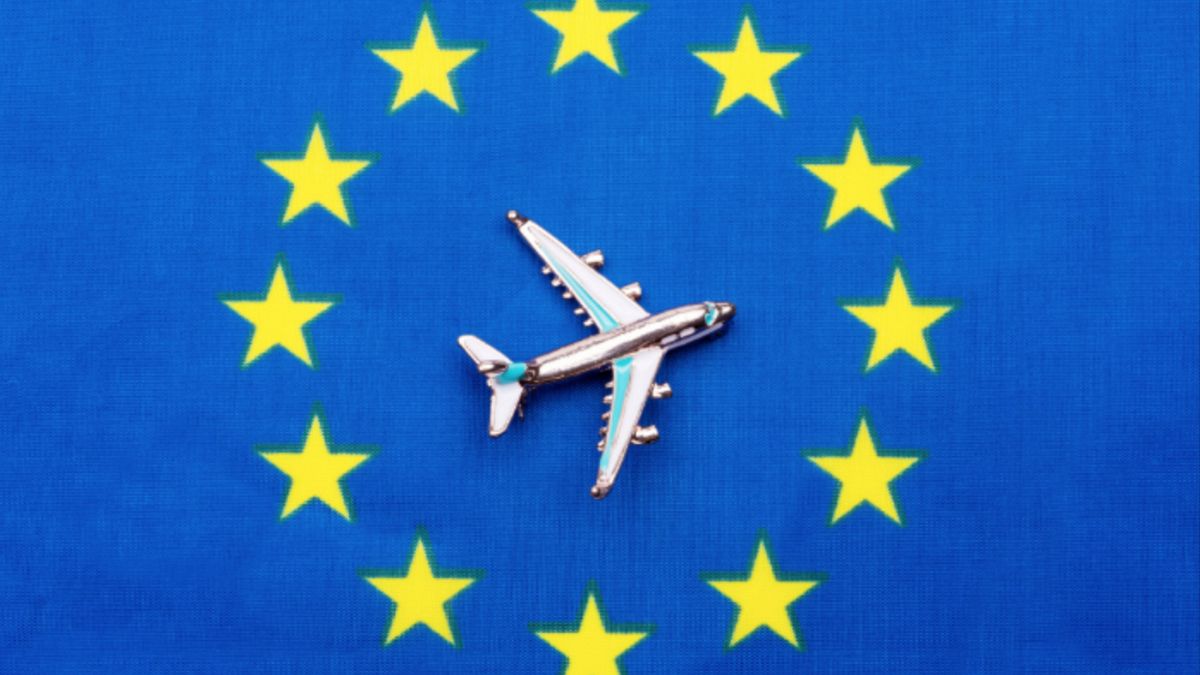
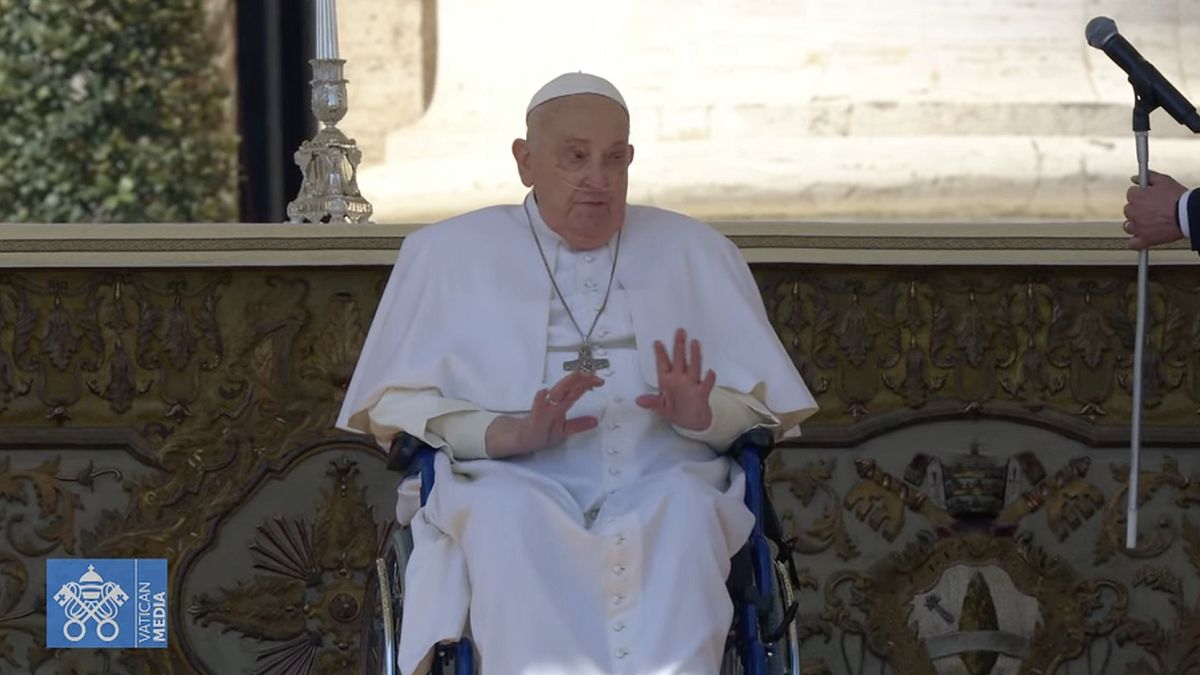
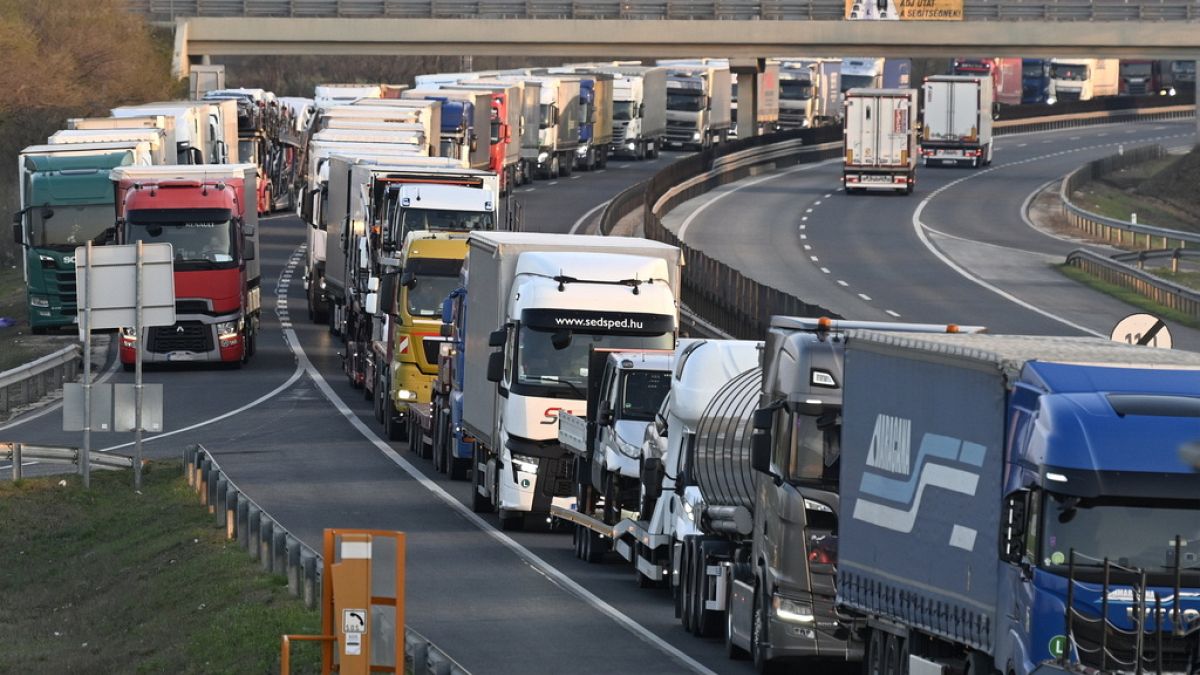
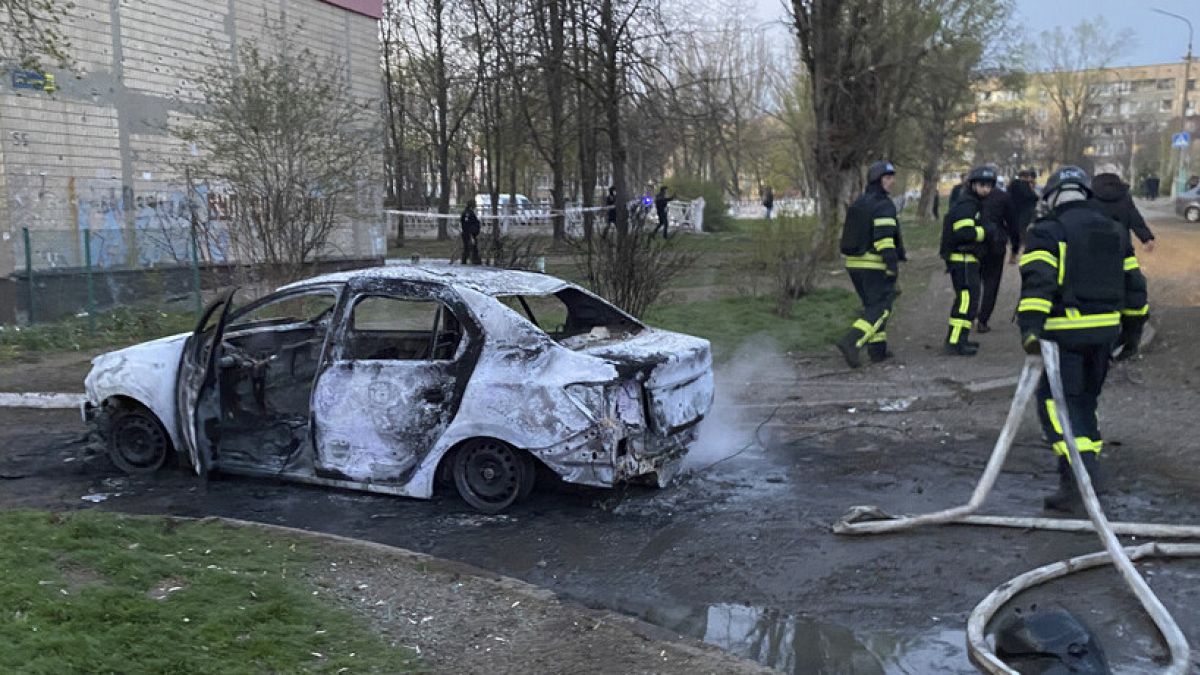
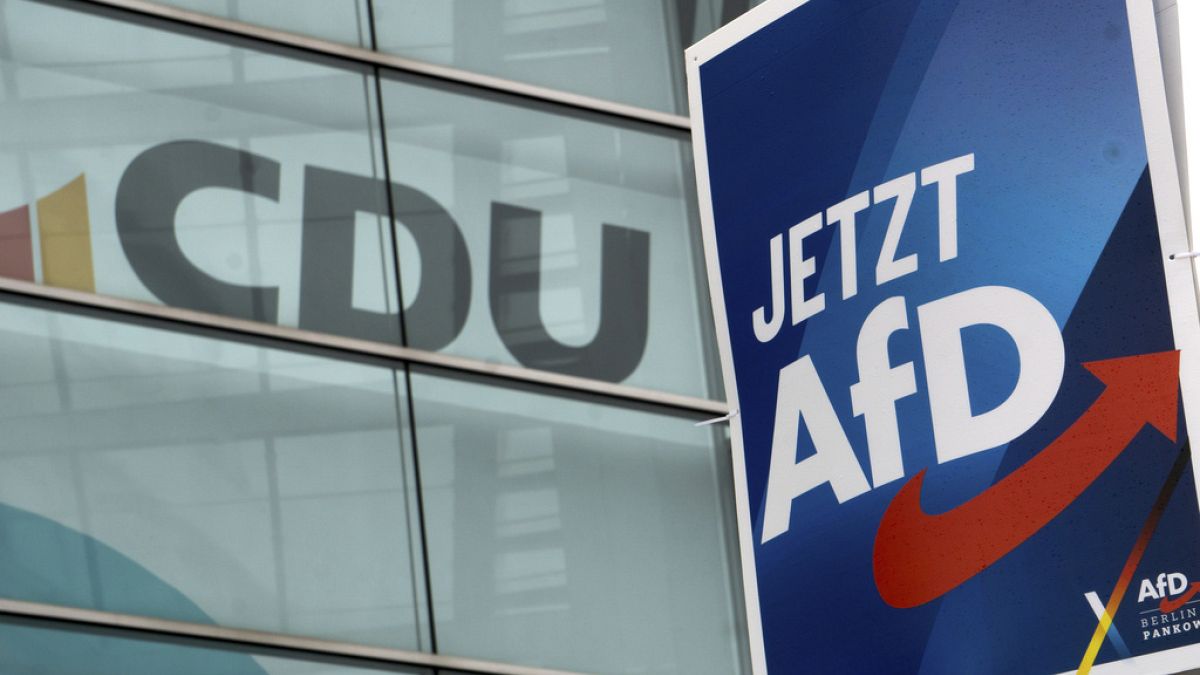
 We deliver critical software at unparalleled value and speed to help your business thrive
We deliver critical software at unparalleled value and speed to help your business thrive






 English (US) ·
English (US) ·